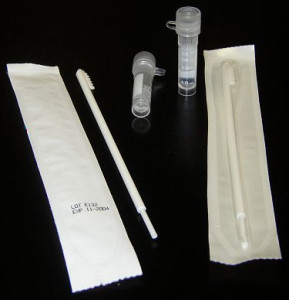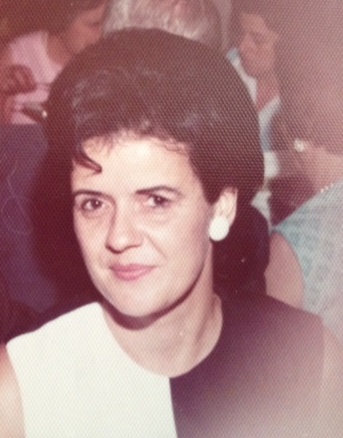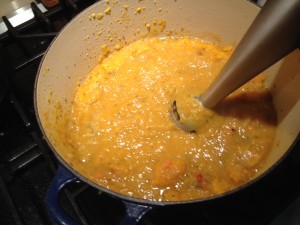Recently I wrote about hitting a dead end in my search for bio dad and other blood relatives. Well, the dead ends continue. Last week I learned one of my birth mother’s closest friends is deceased.
Nobody said searching for biological family would be fun. In my situation, I’ve learned many relatives and other potentially good sources are no longer alive. It’s depressing and frustrating.
I’m not ready to throw in the towel yet. I’ve read about DNA tests and how they can help adoptees track down relatives. The cost of these tests has also come down in recent years. I asked for recommendations and ended up- spending $104 for Family Tree DNA’s Family Finder test kit. This particular test can help men and women find biological relatives on both their mother’s and father’s sides within the last five generations.

The help desk at Family Tree DNA told me the Family Finder autosomal DNA test is the only option for women interested in finding out about their father’s side of the family. Autosomal DNA is the only type of DNA inherited by women from their dads. It’s actually a mix of genetic material from both the mother and the father.
Of course, the test has its limits. I will only be matched up with family members who have also taken the test and the relatives I find are more likely to be cousins than brothers or sisters. My DNA will be compared to other people’s DNA in the company’s database, which holds more than 650,000 records. The test is painless. I will submit samples of my DNA taken from the inside of my cheek. No needles, thank you!
Maybe I’ll hook up with bio dad’s nieces and nephews and maybe they’ll fill in some blanks for me. Maybe they’ll slam the door in my face. Either way, I’ll be happy to come away with new information about my roots.
The test results will also shed light on my nationality, something I’ve wondered about ever since I found out I was adopted. The results will provide a breakdown of my ethnic makeup by percent. That’s pretty cool.
According to the New York Times, a growing number of adopted adults are taking DNA tests in the hope of connecting with family. Have you used a DNA test to find family? What was your experience like?












